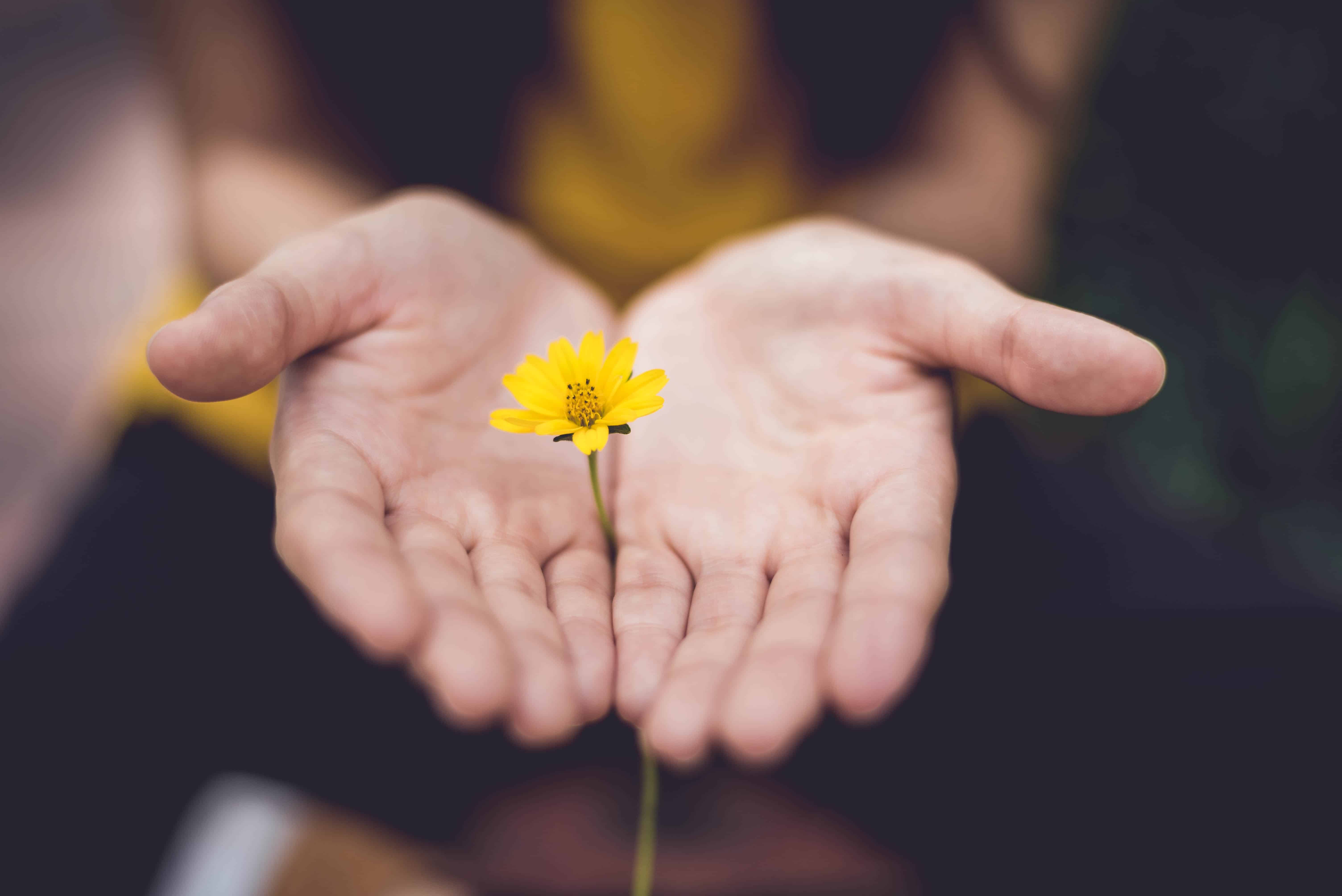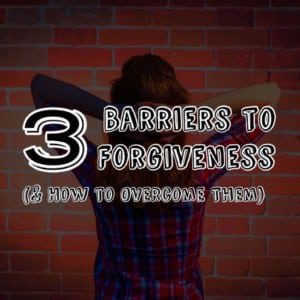Forgiveness is defined as a deliberate decision to stop harboring negative feelings toward people who have hurt you. Knowing how to forgive someone is key for moving forward in peace. Without exception, we will all be faced with disappointments related to people who betray us or harm us in some way.
That’s why it is important to learn how to process the negative emotions that these types of acts inspire. It might not be easy to forgive a person who has harmed you or someone you love, but it is essential you recognize why you should. Below are some good ideas that may help you forgive.
Here is how to forgive someone and the reasons for doing so:
1. You forgive other people because it is good for you to do so.
Hate is a destructive emotion and hurts the hater more than anyone else. That’s why it is so important to let these emotions go by figuring out how to forgive someone rather than harboring ill will towards that person. As you begin to transition from anger to a more peaceful state, it will change your life.
2. By forgiving others, you increase your capacity to be more compassionate and understanding.
When you forgive other people, it can lead to more feelings of compassion and understanding. Once you start down a positive path of forgiveness as a way to mend relationships, you start to acknowledge the fact that most people have good in them and are doing their best based on their unique circumstances.
3. Forgiving a person for bad behavior does not condone what they did.
People are often reluctant to forgive another person for a nasty act simply because they believe that their forgiving behavior implies that they are okay with what happened. That is not what forgiving should be about. An essential life skill people need is to learn how to forgive someone based on the benefits it provides them. Blame has no place in this positive action to move past a friend’s or family member’s transgression.
4. An apology isn’t necessary for you to forgive that person.
If you wait for an apology before you decide to forgive another person, you may be waiting forever. Don’t expect an apology. Go ahead and forgive that person so you can put this negative event behind you and move forward.
5. Forgiving others promotes good physical health.
There is strong evidence that learning how to forgive someone is good for your health. Specifically, heart health seems to benefit, with lower blood pressure ratings linked to forgiving others.
6. When you forgive someone, the good feelings reaped from that action flow over into other relationships.
A mindset change related to forgiving others instead of blaming them leads to better relationships with other people in your life. If you are programmed to forgive and understand others as a new approach, you will spend more time understanding others. You are then less likely to imagine slights and disrespectful actions, which can be a problem if you tend to be overly sensitive.
7. Forgiving someone does not mean you have to remain in a relationship with them.
While forgiving the people in your life who harm you is advisable, that does not necessarily mean you should also continue a relationship with them. Each situation differs based on unique circumstances. You should “detach with love” in cases where you perceive an ongoing threat associated with continuing to be involved in the relationship.
8. It’s not your responsibility to judge them.
Judging others won’t lead to happiness for you. It will only promote a negative mindset. We all come from different backgrounds and have our own reasons for doing what we do. While you can’t always understand why people act the way they do, it is not essential that you do. All you need to recognize is that you don’t need to corrupt your positive mindset by holding a grudge and continuing to act like judge and jury instead of spending your energy on more positive emotions that will enrich your life.
9. The act of forgiving may not be one event, but a series of events.
As humans, we might need to reaffirm to ourselves that we are forgiving that person. It may happen over time, instead of involving one thought to forgive.
10. Revenge is a mutually exclusive event, separate from forgiving others.
Plans for revenge must be dropped if you plan to forgive someone. It might not be easy, but if you “bury the hatchet” with the handle still sticking out, it means you have not truly forgiven.
Conclusion
Learning how to forgive someone is something that will serve you well as you move through life. Your mental and physical health will benefit significantly when you make an effort to forgive others. Life is indeed short and should be focused on love instead of hate and revenge.
https://www.youtube.com/watch?v=vU9pRXd22ng


















